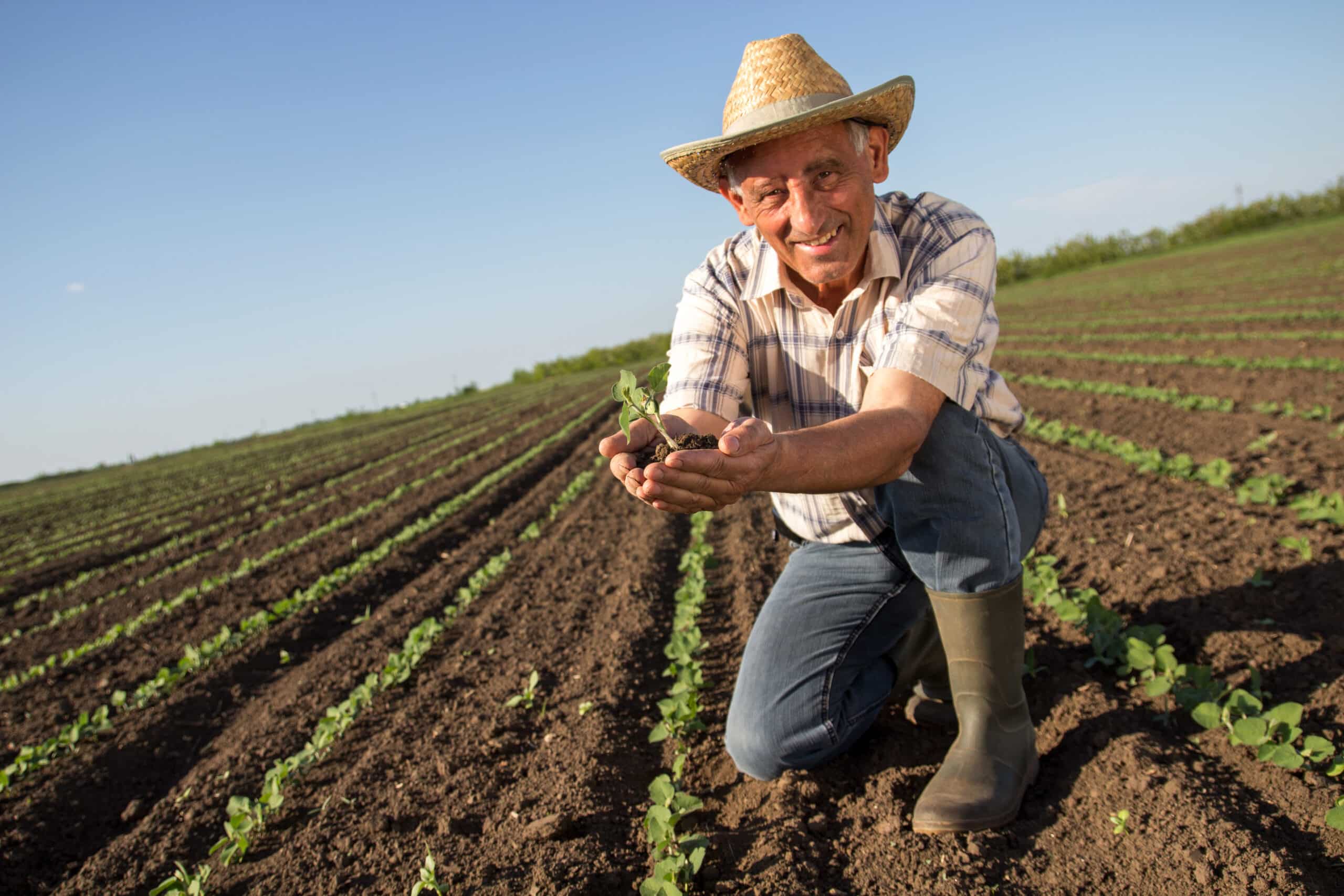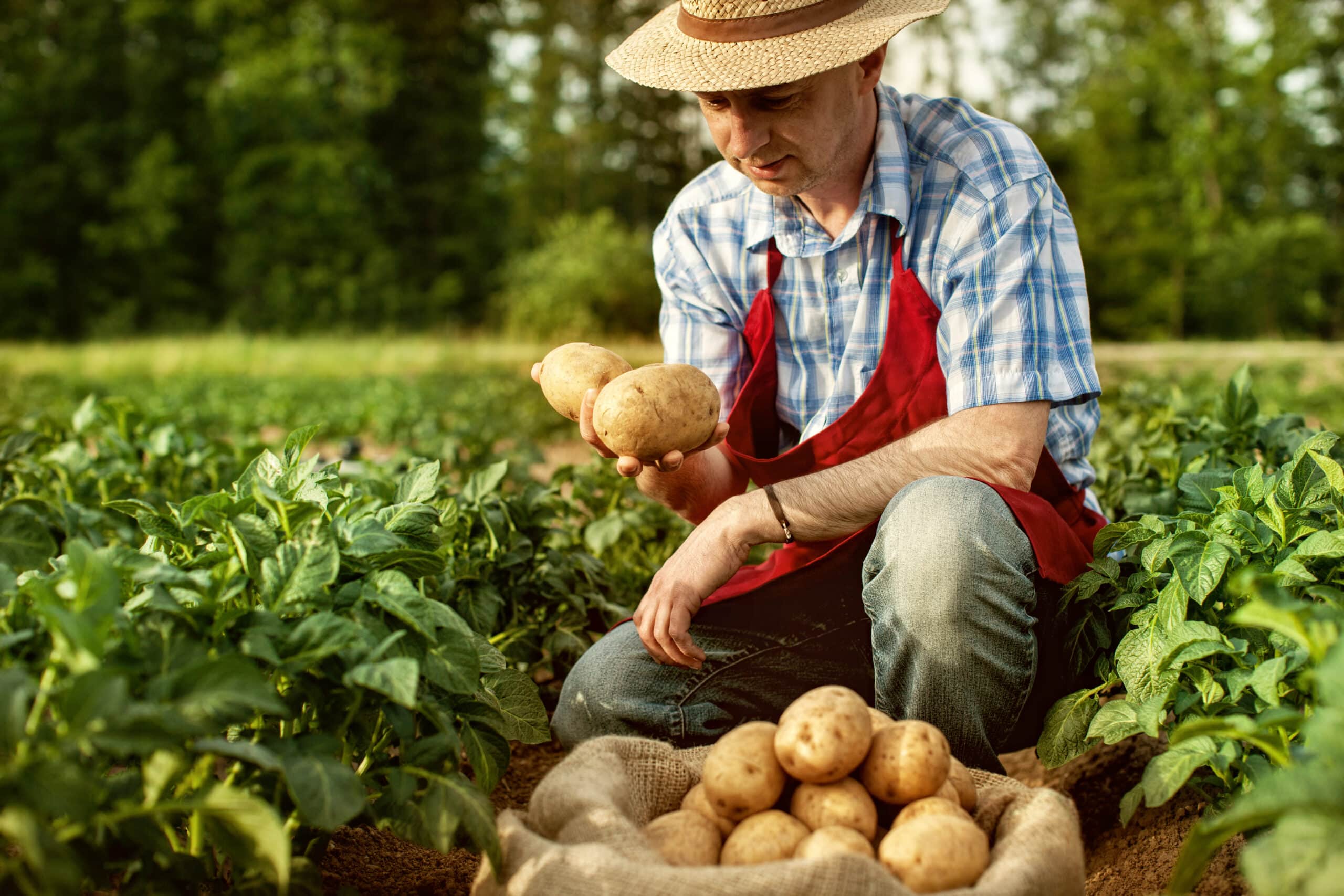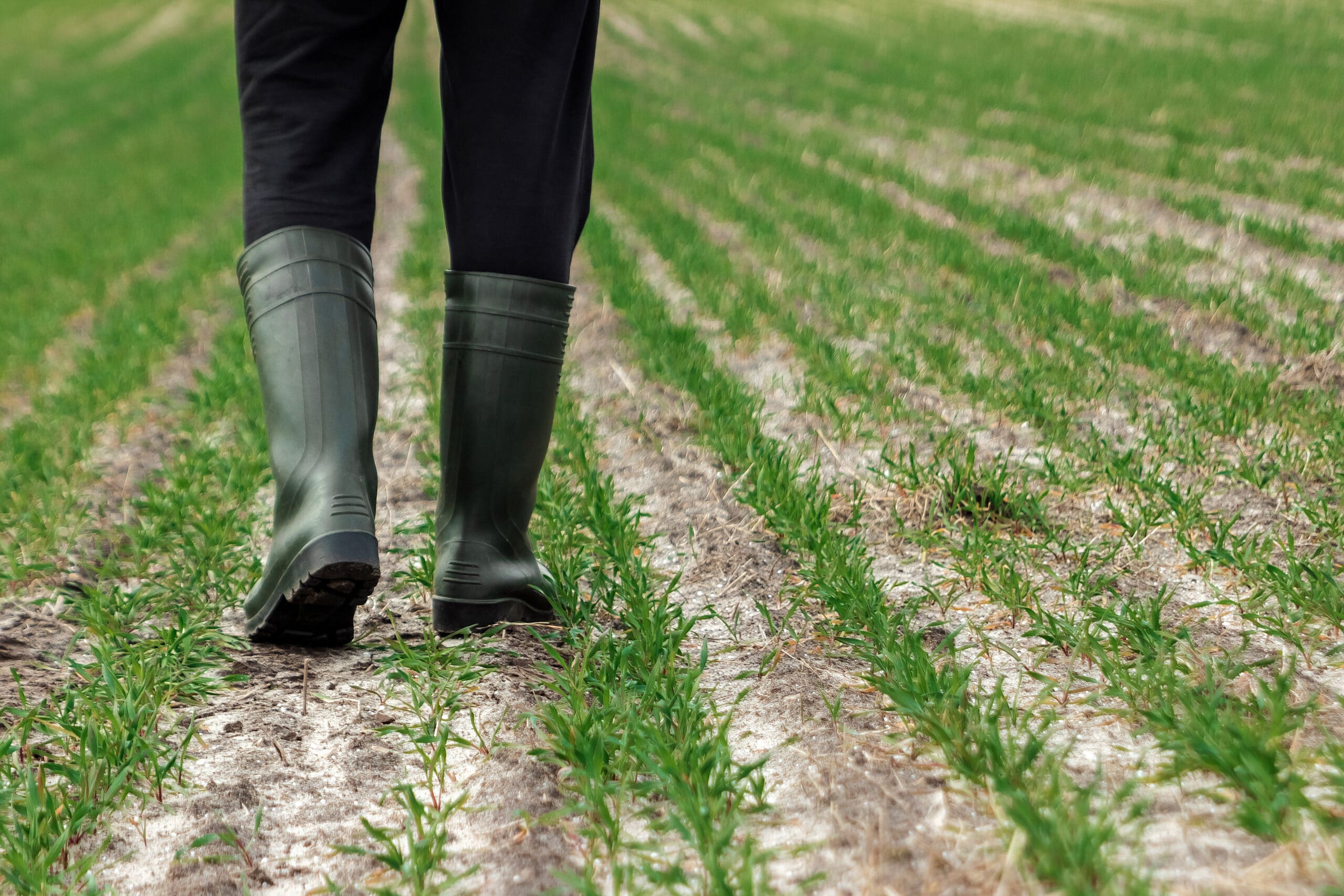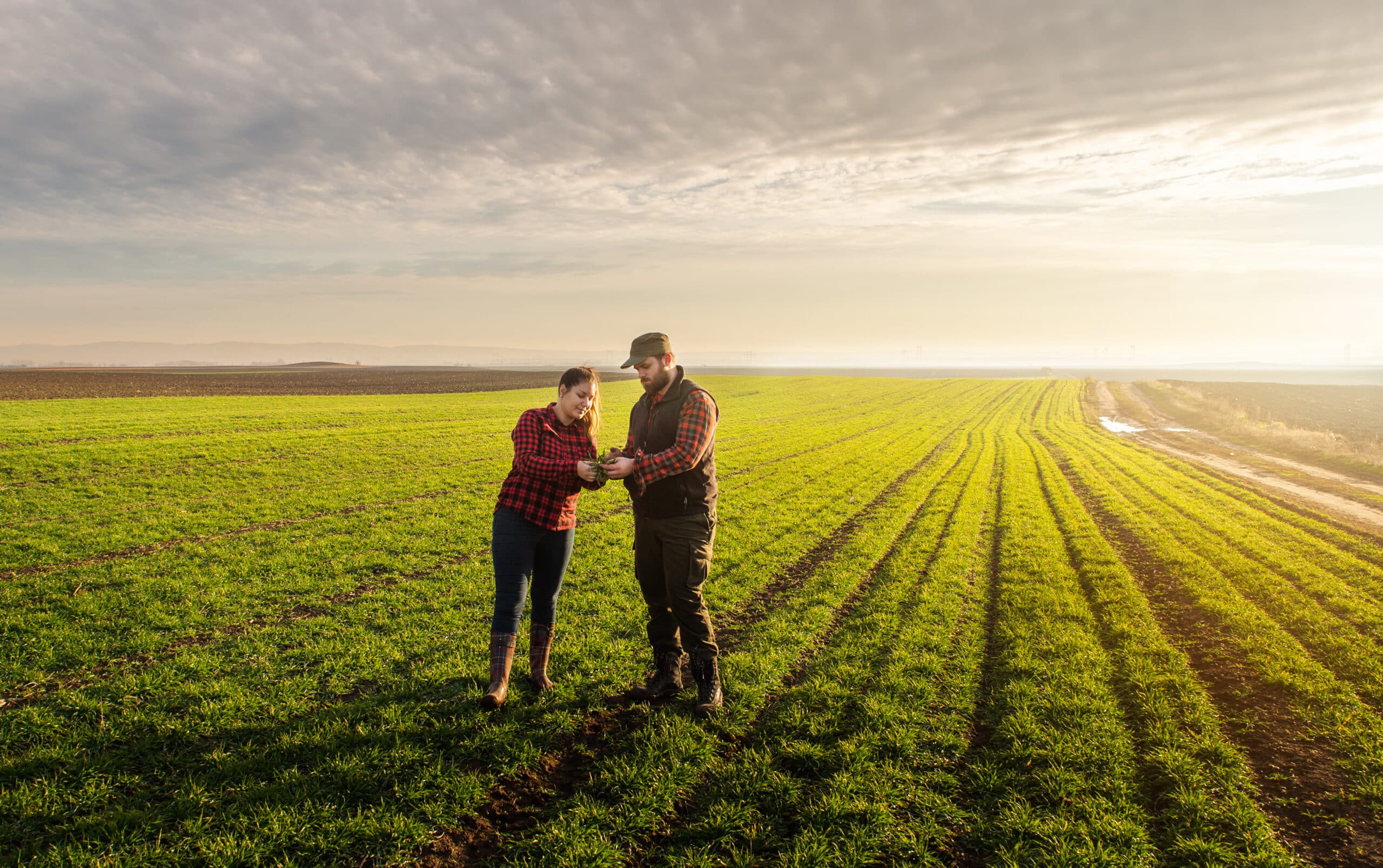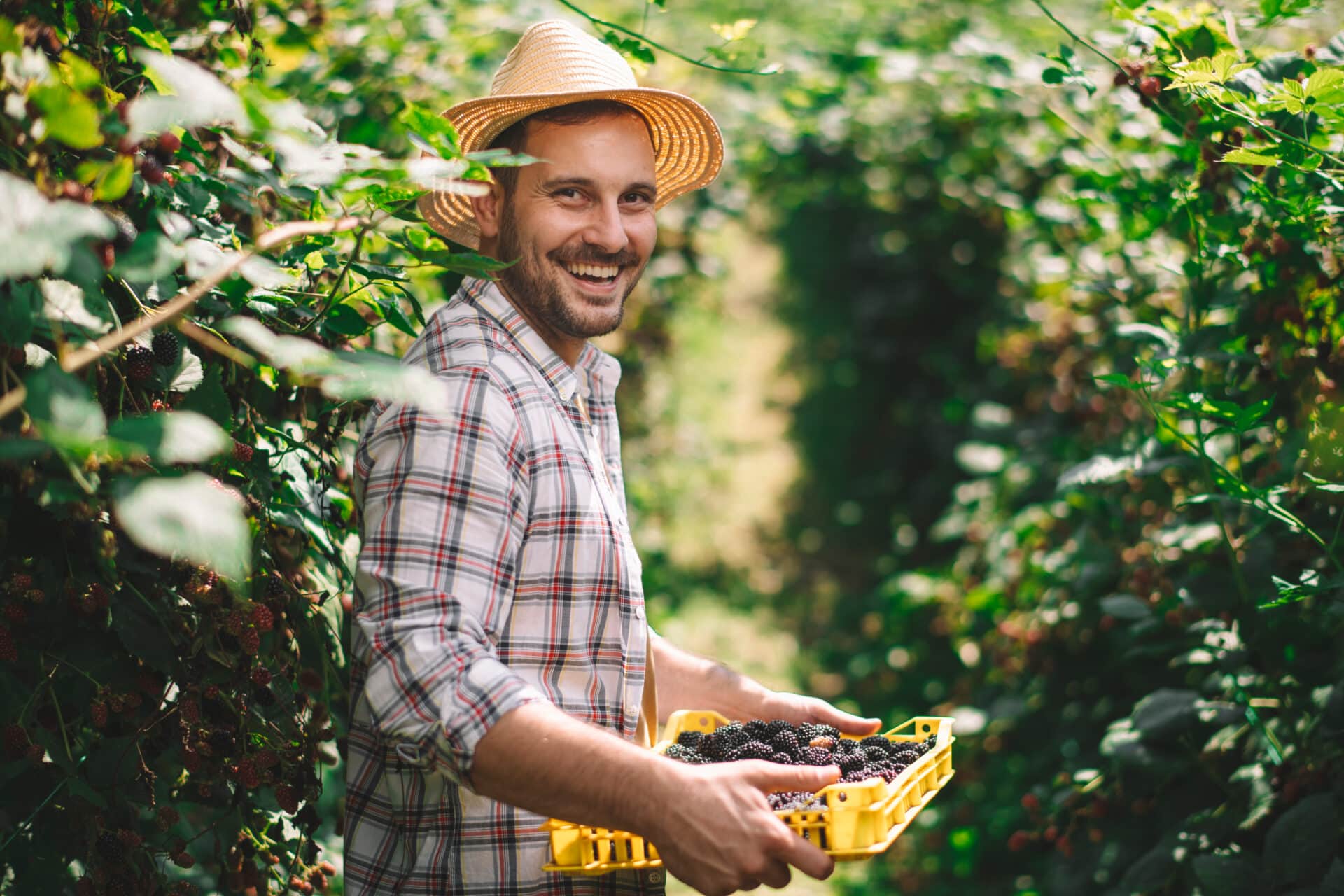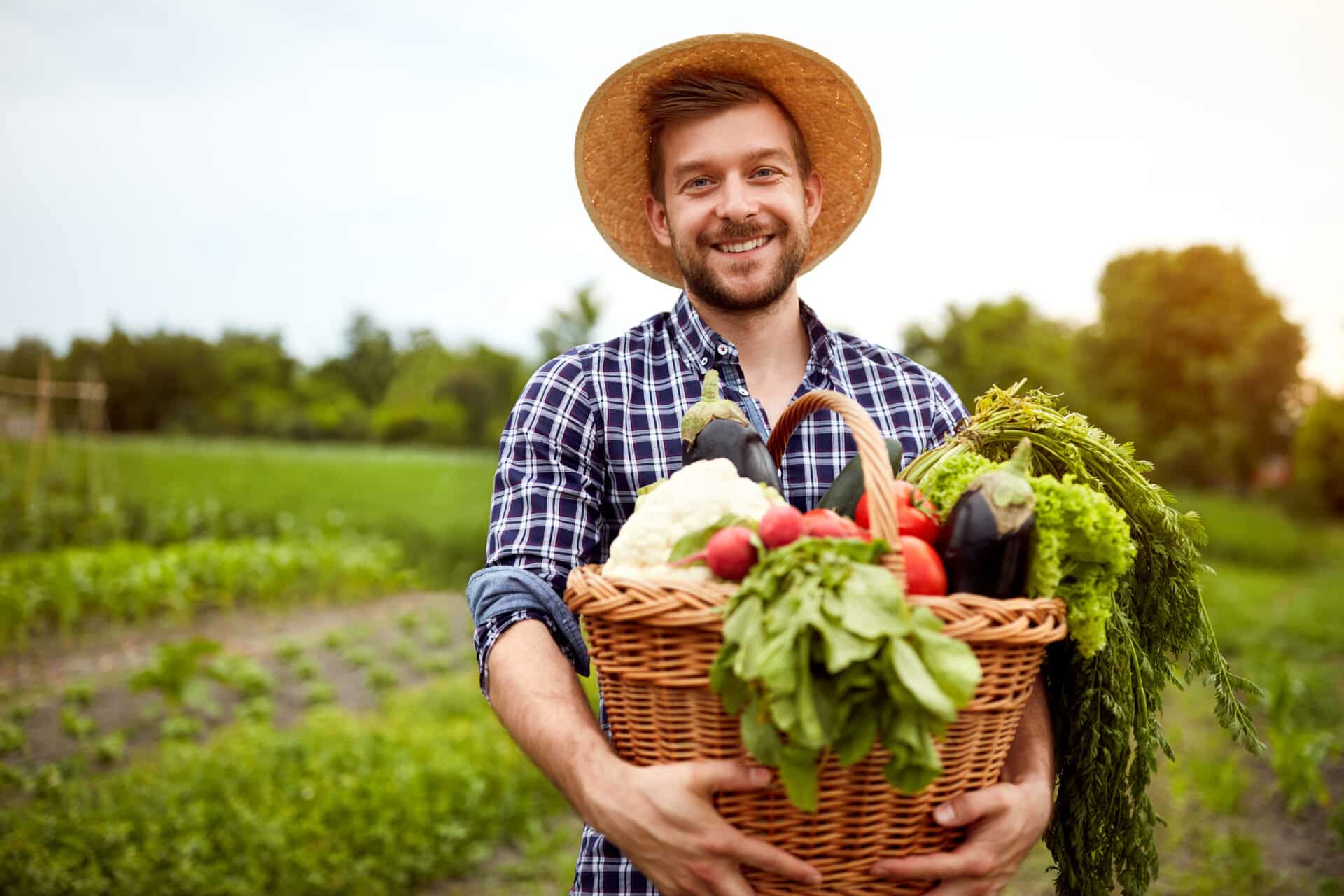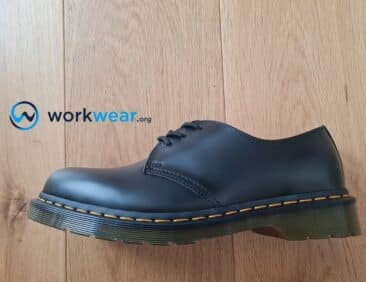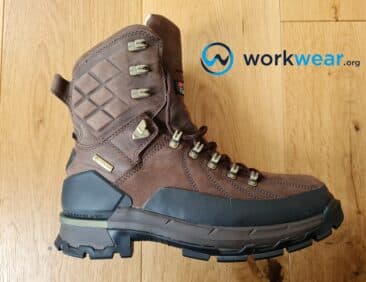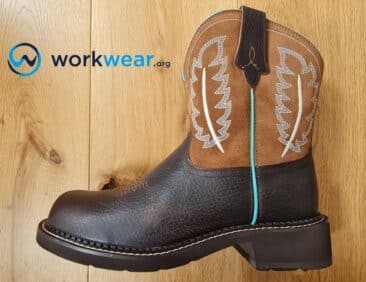Work Wear PPE Requirements for Farmers
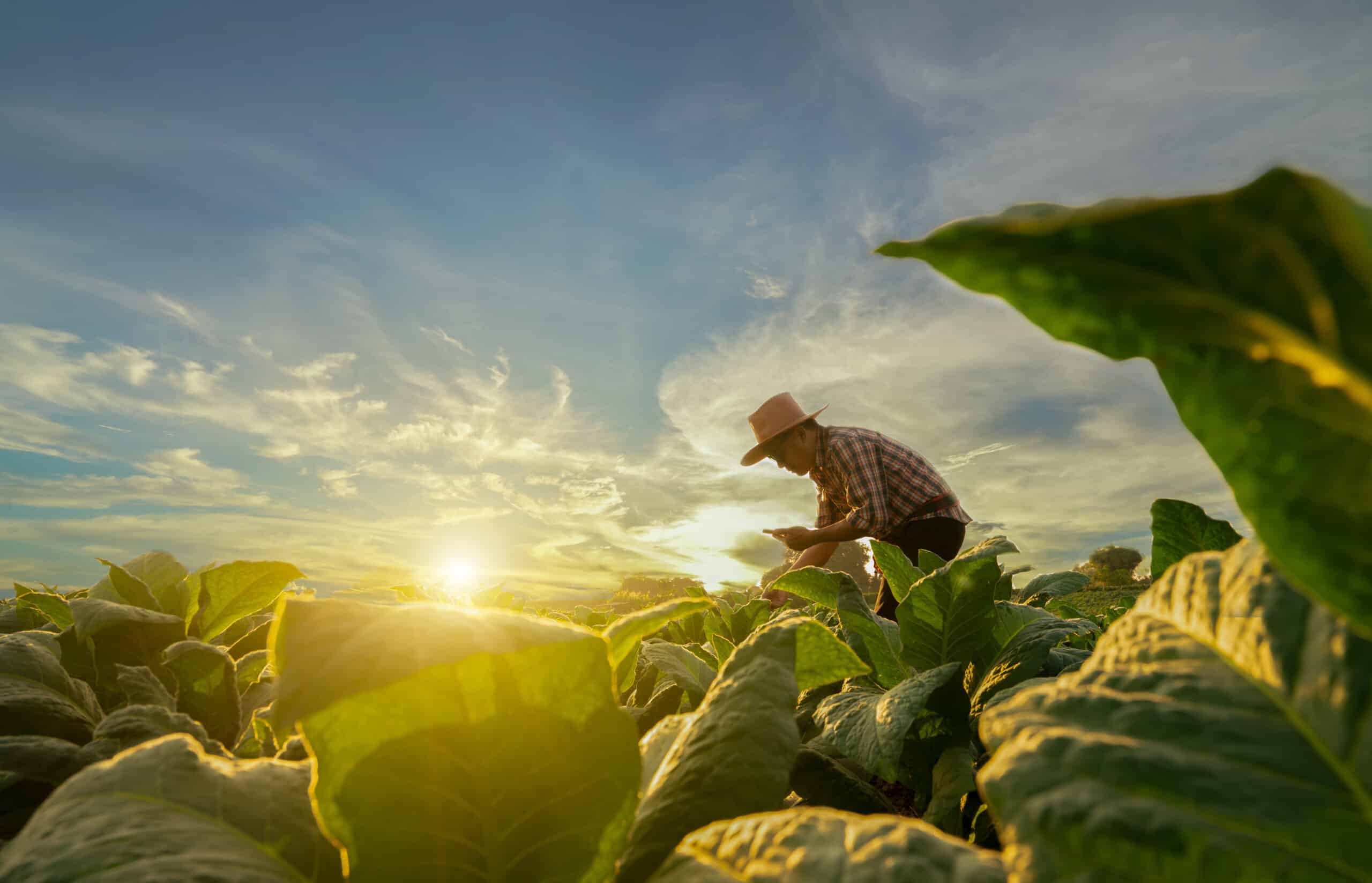
Farmers often work in challenging settings – outdoors, where they’re exposed to the elements, or indoors, where the conditions can be grueling. The CDC ranks agriculture as one of the most hazardous industries, with almost 12,000 workers in agricultural production requiring days off work due to injuries in 2020. With such a high risk of injuries (both fatal and nonfatal) while in the work area, farmers require additional protection to reduce the threats significantly. The proper safety gear can make it safer for farmers to continue their tasks in tough conditions while minimizing the risks of debilitating injuries.
Body Parts Affected by Injuries
Farmers work in hazardous conditions, and these are the body parts most often injured while on the job.
Hand
Farmers work with their hands even if machines and equipment can now be relied on to do most of the heavy work. This is because the hands are responsible for operating various machines in and around the farm, and accidents can result from improper handling (such as when the correct operating procedures aren’t followed). Equipment malfunction can also expose the hands to lacerations and, in worse cases, may even increase the risk of amputation. Meanwhile, using hand tools without the proper safety gear may result in cuts and deep scratches that can get infected when exposed to environmental debris. In addition, the hands have a high risk of irritation when handling toxic chemicals, such as those mixed into fertilizers and pesticides. These body parts can also be bitten by animals and may get infected in the process without proper care.
Feet
Farmers are on their feet for most of the day, save for the time they’re on tractors and other modes of transportation around the work area. The feet can be injured with exposure to dangerous impacts – such as from falling equipment and tools or when animals accidentally step on farmers’ feet.
Without protective footwear, the feet are also at risk for burns and chemical irritation when toxic substances are unintentionally spilled. When farmers need to spend time outdoors in extremely cold temperatures in harsh weather conditions, their feet will need footwear with insulation to prevent frostbite.
Back
Farm work involves physically demanding tasks that often need to be done regularly. The constant lifting and lowering of heavy items strain the back muscles. This results in a high risk of back injury, especially when the proper lifting posture isn’t used and the muscles aren’t properly warmed up before the taxing activities. In addition, the spine can be exposed to jolting impact with sudden movements from high places, such as when jumping to the ground from the tractor cabin.
Eyes
Eye injuries are common when doing farm work and can be caused by the materials and equipment in the surrounding area. For example, chemicals that need to be used for farming can accidentally splash into the eye area and cause severe irritation or, worse, may result in blindness. In addition, farming tools and equipment can unintentionally fly toward the face and cause trauma to the eyes. Meanwhile, the eyes can also suffer from irritation from smaller flying debris, such as hay and grains, that can get lodged in the eyes without protective gear.
Events that Lead to Nonfatal Injuries to Farmers
These are the instances most commonly result in nonfatal injuries while doing farm work.
Hazardous contact with objects and equipment
Dangerous contact with various equipment, tools, and other objects is the most common cause of nonfatal injuries to farmers. The environment is surrounded by heavy machinery and farm equipment that must be operated carefully and properly for safer experiences. Without the proper training and safety gear, equipment and machines (especially those that malfunction) can cause injuries to various body parts. While operating the equipment, limbs can get caught in the chains, gears, and other components, leading to grave injuries. For example, improperly secured bales stored in higher areas can suddenly drop and fracture various body parts, including the feet, arms, and back. There may also be instances when limbs get caught in machinery, resulting in serious injuries.
Falling, slipping, and/or tripping
Falling can be a risk when working on farms where materials need to be stored and eventually obtained from high areas, such as a hayloft. Farmers may accidentally fall while climbing the ladder to reach the intended elevated space, causing broken bones and other serious injuries. Falling from a tractor cabin can also result in injuries, especially if the fall is on hard ground or surfaces with sharp objects. The surfaces that farmers walk on aren’t always dry, so slipping is often a risk in both indoor and outdoor environments. The ground may be wet with water and other substances, such as chemicals that are used in farm work, increasing the risk of slipping when going around the work area. Meanwhile, produce, farming equipment, and tools on the job site pose tripping hazards that can get caught on footwear and loose pant legs.
Overexertion
Farmers face entire days of hard work in often unforgiving conditions. Even with the help of farming equipment, workers still need to put in long hours doing physically challenging tasks to get the job done. Repetitive lifting and carrying heavy objects, walking or standing continuously for hours, and staying in tiring positions can all take their toll on the body and cause extreme muscle strain. In addition, the exhausted muscles usually don’t have a chance to fully recover after a hard day’s work because the activities will need to be repeated the next day.
Animal-related (violence or otherwise) injuries
There’s always the possibility of accidents when working with and around farm animals and livestock. The animals can suddenly bite without warning, causing deep lacerations that need to be treated immediately to prevent infection. Larger animals, such as horses, can cause serious injuries when they kick, resulting in severe bruising, concussion, or internal bleeding. Even a seemingly small misstep from a horse can deliver extreme pain and sometimes even broken bones on unprotected feet.
Incidents with transportation and heavy machinery
Accidents involving tractors, plows, and other motorized equipment contribute to nonfatal injuries while doing farm work. Operating the equipment without proper training and knowledge can lead to untoward incidents and serious injuries, such as when a tractor overturns. The equipment can also cause problems if they’re not correctly maintained after long-term use, resulting in a malfunction that can affect the surrounding workers and other objects. In extreme cases, the injuries may be severe enough to lead to fatalities.
Exposure to harmful substances/conditions
Pesticides keep pests and bugs out of the crops, bringing considerable benefits to farmers. However, pest control solutions are made with strong chemicals that can have negative effects (both short- and long-term ones) on one’s health. The substances can be strong irritants that leave a burning sensation when spilled on bare skin and, in some instances, can even lead to chemical burns. In addition, the fumes coming from pesticides can cause breathing issues. They may even have lasting effects on respiratory health when there’s too much exposure over a long period. Accidents may also occur while handling the hazardous chemicals, and some droplets can splash toward the eyes, causing vision problems when there’s no protective gear in place.
Heat exhaustion
Heat exhaustion becomes a serious risk when strenuous tasks are done continuously for hours under the sun’s sweltering heat. In such cases, it becomes easier for farmers to experience severe dehydration, especially when the heat triggers extreme sweating. Heat stress can also be experienced when working in hot indoor settings that don’t have proper ventilation, which may lead to fainting and injuries when part of the body strike surrounding equipment, tools, or the hard ground.
Suffocation
Suffocation can occur even when there’s nothing thrown over the nose or mouth to cut off breathing. It can also be a risk for farmers who work with grains that can circulate in the surrounding area. The small particles can be breathed in, causing a choking sensation that can lead to more serious suffocation. This risk is especially high for farmers who don’t use protective masks as barriers against particle inhalation and when working in barns and other areas with improper ventilation.
Important PPE/Workwear
The proper workwear or personal protective equipment should be used to reduce the safety threats while doing farm work.
Gloves
It’s important to wear chemical-resistant gloves when handling pesticides, fertilizers, and other solutions that contain harsh agents. The gloves create a barrier to protect against the extreme irritation and chemical burns that can result from handling toxic solutions, keeping the hands safe from serious skin inflammation or soreness that can arise after exposure to chemicals. Meanwhile, thick gloves – such as those made with leather – can protect the hands when doing strenuous farm work, including lifting and carrying heavy items and operating farm equipment. High-quality gloves can also protect the hands from discomfort and injuries from exposure to extreme temperatures. Some of these gloves may also resist abrasion and cuts for maximum protection against sharp tools and abrasive items in the work area.
Goggles
Goggles keep farmers’ eyes safe while mixing or handling chemical-based solutions, such as pesticides. The goggles form a barrier that protects the eyes in case the liquid solution splashes towards the eyes, preventing severe irritation that can even lead to blindness in extreme cases. Eye protection also prevents problems resulting from grains or dust getting into the eyes and shields the eyes against the toxic fumes of pesticides and fertilizer.
Protective clothing
Farmers need clothes that will provide as much coverage as possible against the elements and hazards around the work area. Long-sleeved shirts and long pants protect the torso, arms, and legs from sunburn when working under the sun for hours, with sunscreen applied to exposed areas, further enhancing sun protection. These clothing items can be made with chemical-resistant materials to protect the upper and lower body against objects or substances that can irritate the skin, such as harsh chemicals and even abrasive items. In addition, they’re to fit closely to the body to avoid becoming entangled with equipment and machinery and avoid workplace accidents.
Safety boots
Safety boots with a protective toe cap significantly minimize the risk of the toes getting crushed in case heavy objects drop on the feet. The boots also protect the feet against serious injuries in case of exposure to slow-moving impact or compression, such as when a tractor’s tire accidentally runs over the feet.
Farmers’ boots also need strong traction to prevent slipping in the work area that can be perpetually wet or where liquids may accidentally be spilled.
Hearing protection
Farmers need to work with heavy machinery from time to time, exposing them to loud noise that can continue for prolonged periods as the machines continue their tasks. Ear plugs and earmuffs help protect the ears from the extreme noises that farmers may be exposed to in close quarters as they operate the machinery.
Head protection
Hard hats protect the head against the dangerous impacts that can come from around the farm. They form a protective barrier against falling branches and when working in barns or lofts where bales of hay and other objects can accidentally fall. These hats also protect the head area against sharp objects that may protrude from unseen (high) areas, preventing deep lacerations and scratches while doing farm work in hazardous areas.
Respiratory protection
The environment where farmers work is surrounded by objects and substances that can irritate the breathing passages and may even cause long-term lung damage. Dust masks can be worn when working on grain farms or in barns where grains and wheat are stored. They form a shield that stops the particles from being breathed in, so they won’t cause irritation or suffocation. A respirator can be used to make breathing safer and easier while mixing pesticides, preventing the toxic fumes and mist from being inhaled.
Conclusion
Farm work is done in some of the toughest conditions, so farmers need to wear the proper gear for continued safety while on the job. Farmers’ injuries usually involve the body parts: hand, feet, back, and eyes. Meanwhile, the events that most often cause nonfatal injuries to farmers include the following: dangerous contact with objects and equipment, falling, slipping, or tripping, overexertion, incidents involving animals, incidents related to transportation and machinery, exposure to harmful conditions or substances, heat exhaustion, and suffocation. Therefore, for a safer experience, while facing challenges in farm or agricultural settings, farmers will benefit from wearing the proper work wear/personal protective equipment: safety gloves, safety goggles, protective clothing, safety boots, hearing protection, head protection, and respiratory protection.
FAQs
- Do farmers need waterproof boots?
- It’s good to have waterproof footwear when the job requires frequent exposure to wet surroundings as it keeps the feet safe from getting soaked. However, non-waterproof work boots can still be used by farmers without any problems, such as when working on stacking hay in a dry barn or loft without any risk of exposure to extreme wetness.
- Should farmers use a respirator when cleaning the barn?
- Not always. The respirator can be used if cleaning the barn involves using cleaning agents that have strong chemical components that have a high risk of irritating the lungs or making breathing difficult. Otherwise, using a face mask should be enough to protect the nose and mouth from inhaling the dust and other particles that can end up flying around the barn as a result of the cleaning procedure, especially if the user isn’t particularly comfortable with wearing a respirator.
- Is it all right for farmers to use loose clothing for increased comfort in hot conditions?
- While loose clothing can relieve some of the discomforts of working in hot surroundings, it’s not a good idea to wear them while doing farm work. The loose material can catch on tools, machinery, and equipment around the area, causing tripping and other accidents that may lead to serious injuries.
- Will farmers need to wear hard hats all the time?
- Not always. Hard hats may not fit into the usual farmer’s outfit, but they offer valuable protection in certain conditions. They’re crucial for preventing injuries when working in barns with low ceilings, when going under equipment or machinery for repairs, and while trimming trees.
References
Centers for Disease Control and Prevention – https://www.cdc.gov/niosh/topics/aginjury/default.html
US Bureau of Labor Statistics – https://www.bls.gov/opub/ted/2020/a-look-at-workplace-safety-in-agriculture.htm
National Ag Safety Database – https://nasdonline.org/1035/d000833/personal-protective-equipment-necessary-for-some-farm-jobs.html
PennState Extension – https://extension.psu.edu/noise-induced-hearing-loss-in-agriculture
